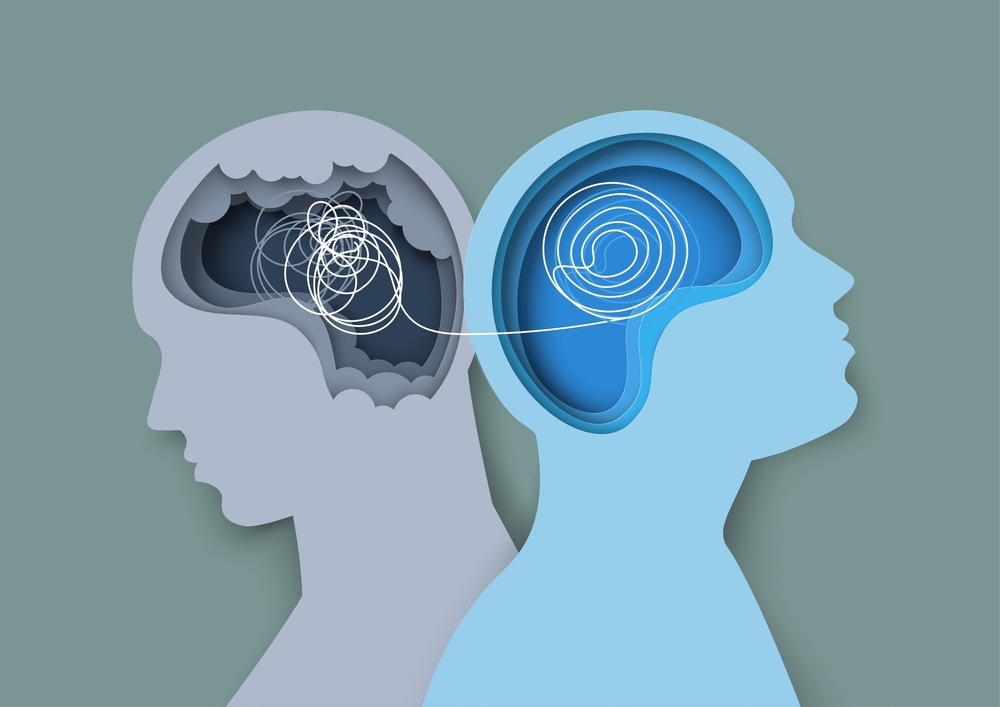Mental health is just as important as physical health, yet it often goes unnoticed until symptoms become overwhelming. If you’ve ever asked yourself, “Do I have a mental disorder?”, know that you’re not alone. Many people experience emotional, behavioral, or cognitive changes that can affect their everyday life. This article offers a compassionate, non-judgmental approach to help you understand your mental health and guide you toward the support you may need.
Understanding What a Mental Disorder Is
Mental disorders, also called mental health conditions, are health issues that affect thinking, mood, behavior, and overall well-being. They can be temporary or long-term and may range from mild anxiety to more complex conditions such as depression, bipolar disorder, or schizophrenia. Recognizing symptoms early and understanding how they impact your life is the first step toward self-awareness and healing. Asking “do I have a mental disorder” is not a sign of weakness—it’s a sign of self-care and courage.
Common Signs to Look For
Mental health challenges manifest differently in each individual, but some signs are commonly experienced. These include persistent sadness or emptiness, excessive worry or fear, changes in sleep or appetite, withdrawal from social interaction, low energy, trouble concentrating, feelings of worthlessness, mood swings, and thoughts of self-harm or hopelessness. If these symptoms persist for more than two weeks and interfere with your daily life, it may be time to seek professional guidance.
The Role of Self-Assessment
Self-assessment is a gentle starting point. While it cannot provide a diagnosis, it helps you reflect on your emotional well-being. Ask yourself questions like: Have I been feeling more irritable or anxious than usual? Am I losing interest in things I used to enjoy? Do I feel disconnected from myself or others? These reflections can help identify patterns. If your answers point toward ongoing distress, it’s important to seek a qualified mental health evaluation. Online mental health screening tools, such as those offered by Minds Foundation or YourDOST, can offer guidance and clarity. However, they are only the first step and should not replace professional help.
When to Seek Professional Support
It’s normal to feel hesitant or uncertain about reaching out. But if your symptoms are affecting your work, relationships, physical health, or daily tasks, speaking with a mental health professional can make a big difference. Therapists, psychologists, and psychiatrists are trained to understand the complexity of mental health and can provide you with tailored care. Early intervention often leads to faster recovery and fewer complications. If you’re unsure where to begin, contact us to discuss your concerns in a confidential and supportive space.

Reducing the Fear and Stigma
Many people delay asking “do I have a mental disorder?” because of stigma or fear of judgment. But mental health issues are more common than many realize—and they do not define your worth. Just like diabetes or high blood pressure, mental health conditions are medical in nature and can be managed with the right care. Society is slowly moving toward greater acceptance, and taking that first step to understand yourself better is an act of strength, not shame.
Self-Care and Daily Mental Health Tips
While professional care is important, there are several steps you can take on your own to support your mental well-being. These include regular exercise, balanced nutrition, adequate sleep, reducing screen time, practicing mindfulness or meditation, journaling your feelings, and staying connected with loved ones. Limiting alcohol and caffeine, setting realistic goals, and taking short breaks during the day can also make a big difference in how you feel.
Supporting Others Who Might Be Struggling
If you’re concerned about someone close to you, offer a listening ear without pressure. Express concern gently, share observations, and encourage them to seek help. Avoid dismissing their emotions or offering quick solutions. Empathy, patience, and a supportive environment are essential in helping others feel safe and open to healing.
Final Thoughts
If you’re wondering, “do I have a mental disorder?”, remember: it’s okay to not have all the answers right now. What matters is your willingness to listen to your mind and body. Taking the time to reflect, reach out, and ask for help is an empowering decision. Mental health is a journey, and every step you take toward understanding and self-care brings you closer to balance and peace. You’re not alone—and healing is always possible.
Learn more about mental health through our related content, designed to support your journey toward understanding and healing.
Understanding the Different Types of Mental Disorders
Recognizing the Symptoms of Mental Illness: A Guide to Early Awareness

